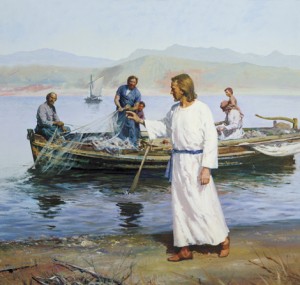FairMormon stands as a witness of Jesus Christ and His restored Church. Our mission is to answer charges leveled against the Church, its leaders, teachings and practices.
We are an all-volunteer organization. We seek volunteers who agree with our mission and want to help. These individuals contribute with a full understanding of our mission, and know their work may be used or modified as needed in order to achieve our mission. They further understand that the purpose of volunteering is to defend the Church and not to pursue a personal agenda.
Because our priority is our mission and not ourselves, much of FairMormon’s content is generated collaboratively and not attributed to individuals. Some blogs, podcasts, and other content do have attributed authors. Because our volunteer resources are limited, not all content in blogs and podcasts can be carefully reviewed in advance. Therefore, sometimes it is necessary to edit, refine, or even remove already-published content in order to keep it consistent with our mission.
Many of our volunteers contribute content in other venues, such as on personal blogs, in scholarly publications, and in podcasts. When a current or former FairMormon volunteer publishes views that contradict the position of The Church of Jesus Christ of Latter-day Saints, or accuses Church leaders of wrongdoing, malicious intent, and so forth, it may become confusing or harmful to FairMormon’s audience, and contrary to FairMormon’s mission, to maintain that volunteer’s content on our website. Because FairMormon is a trusted entity for many Latter-day Saints and sincere investigators, FairMormon must avoid endorsing external content that opposes our mission and the Church’s values.
FairMormon reserves the right to edit or remove content produced by attributed authors in order to ensure that we maintain integrity in our mission. When content is not attributed, there is generally no change to the content we make available to the public.
Our volunteers are never guaranteed their content will never be removed or edited. We try to make sure our volunteers understand that FairMormon’s mission is a higher priority than any individual’s wishes or feeling of pride in his or her contributions. We at FairMormon are not here for ourselves, but to serve the interests of the Lord and His restored Church. We defend The Church of Jesus Christ of Latter-day Saints unapologetically in the hopes that our efforts will help sustain the faith of those who visit our site.


